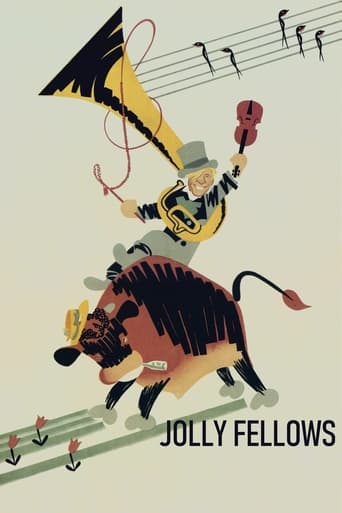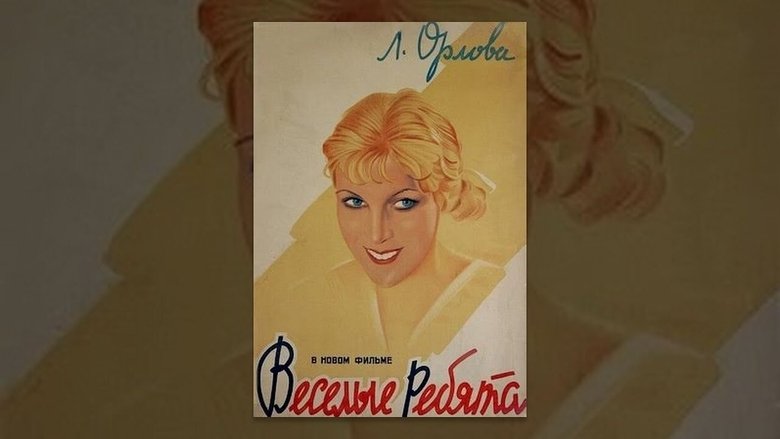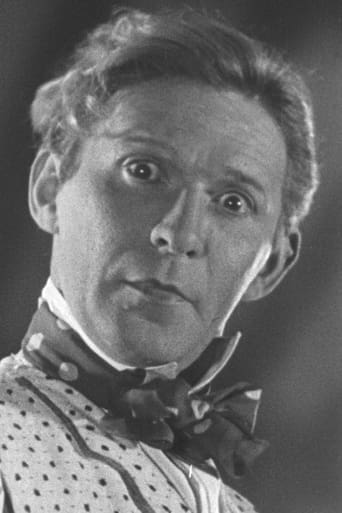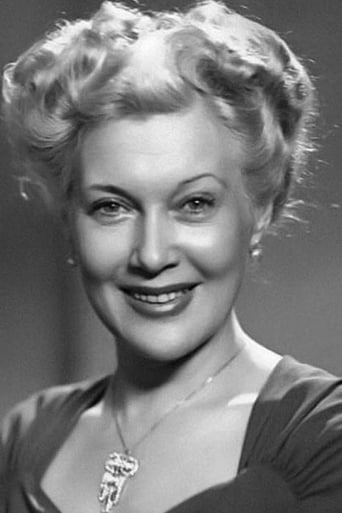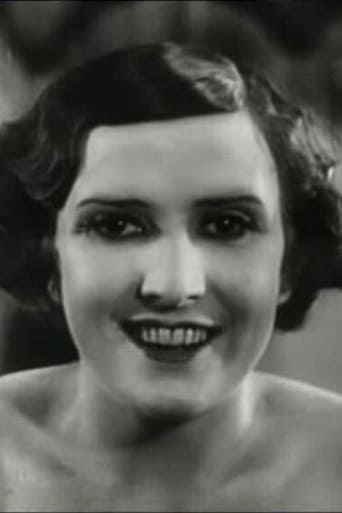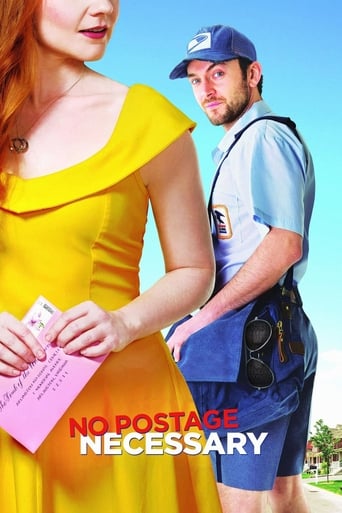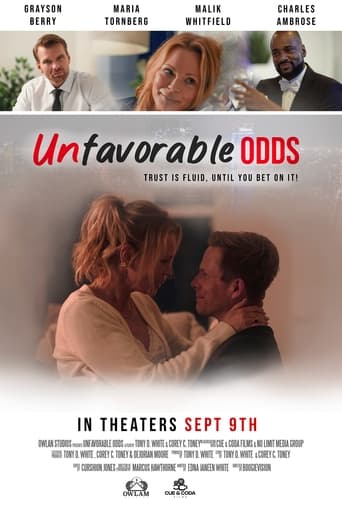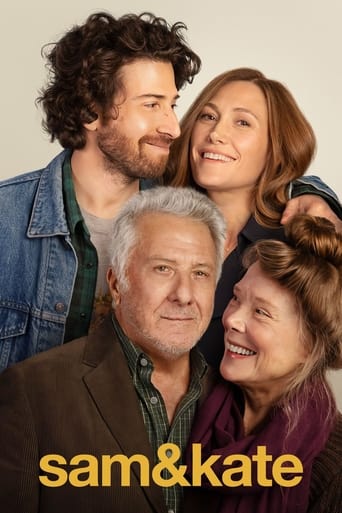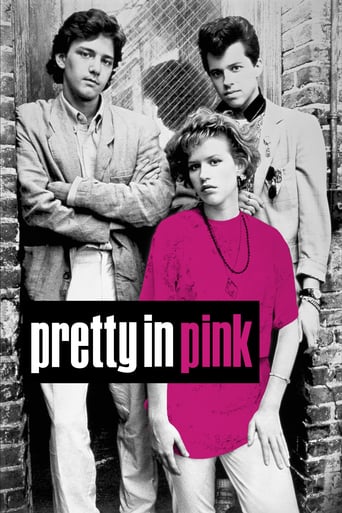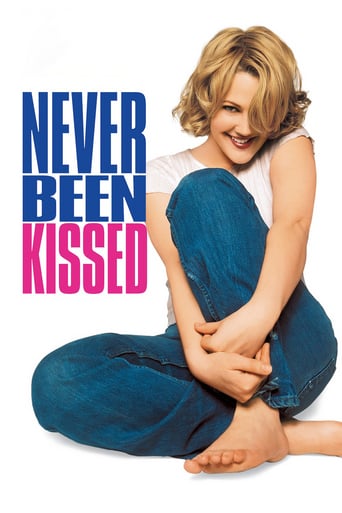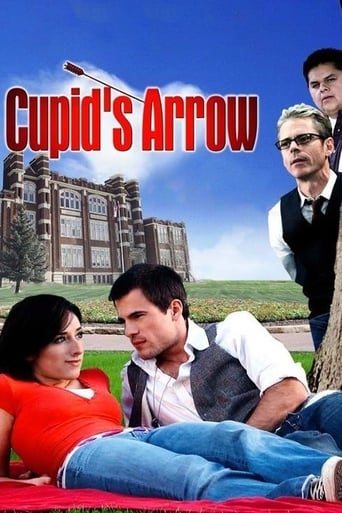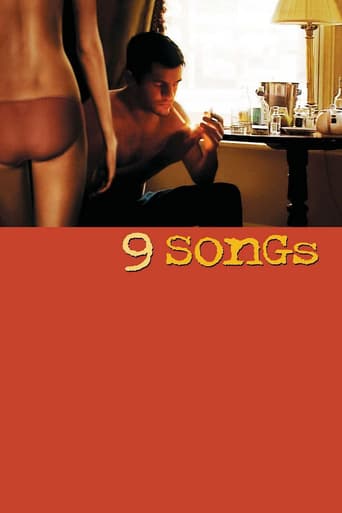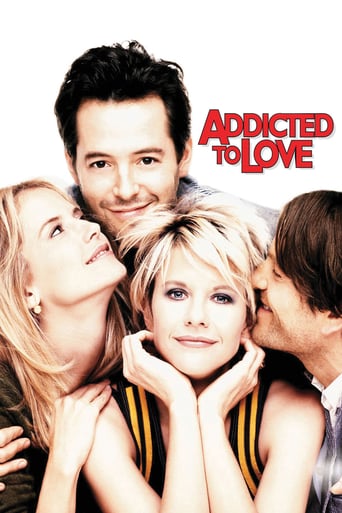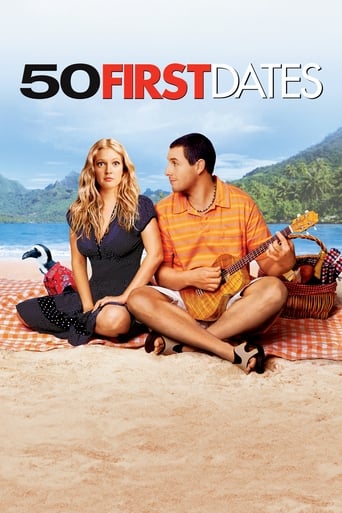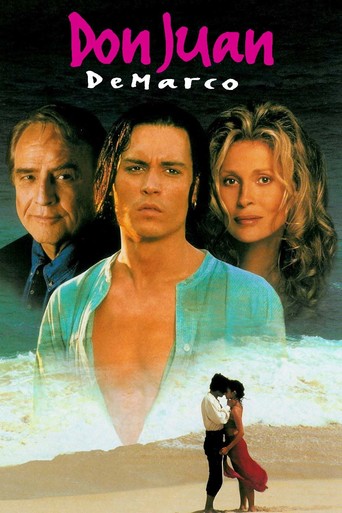Jolly Fellows (1934)
Merry Fellows was the first Soviet musical comedy. Set in Odessa and Moscow in the 1930s. Shepherd Kostya Potekhin (Utyosov) is mistaken for an international concert star. He falls in love with Anyuta (Orlova) and plays the "star" for her. In a cascade of comic musical numbers he becomes the leader of a Jazz-Band and gives a hilarious show at the Odessa Music Hall. Now he is destined to perform at the Bolshoi Theatre in Moscow.
Watch Trailer
Cast


Similar titles
Reviews
Truly Dreadful Film
Don't Believe the Hype
Funny, strange, confrontational and subversive, this is one of the most interesting experiences you'll have at the cinema this year.
It's the kind of movie you'll want to see a second time with someone who hasn't seen it yet, to remember what it was like to watch it for the first time.
I don"t understand the users who have written these reviews. This film is idiotic, amateurish and mendacious. Look at that those first ten minutes! Those rich and happy peasants! It was made in the years after the time when the entire country was hit by epidemics and famine. Millions died and suffered.from mass repression. According to this film this was the time of happy peasants and funny musicals. So the word "lovely" sounds a bit weird.
Very funny and kind movie. Creates great atmosphere, makes one smile along with the actors. Leaves very warm overall impression. I have seen it many times and have been spellbound by it again and again. A great combination of cheeky and kind humor, music, songs that have become everlasting hits, touching naivety and sincerity. Undeniable and ageless masterpiece. Should be properly and carefully restored. A small comment to IMDb the movie was shot in CRIMEA and not in Odessa. Please correct!
music, acting, humor, message, image. it is more than a comedy. or music hall. it is a travel in time. not for its venerable age but for its time. because, in dark period of Stalinism, this demonstration of pure joy, this manifesto of profound freedom is unique. sure, not extraordinary script and the waves of songs are essential virtue. but it remains special. for the gorgeous naivety with flavor of childhood adventure. for memorable scenes. for the impressive demonstration of animal tights. for drops of love and, sure, for extraordinary voices. and, at first sigh, it is enough. but, after each new view, it is different. out of charming atmosphere it is strange tension. and testimony of a form, subtle, delicate, special of courage. because it is one of films - letter for future.
This first Soviet musical comedy on film still shows signs of silent era mentality, mainly because the sound is so poorly coordinated with the picture, as if it were an afterthought, but also because the gags are predominantly visual. You'll wince at many of the shots too, especially those close-ups of the actors delivering each single line -- it's hard to be subtle when the camera's 18 inches from your face. Also obvious is the political subtext -- a jolly peasant demolishes the upper crust's airs and way of life. It's interesting that, in this as in many Soviet films that try to be light-hearted, food and drink fairly tumble off the screen, as if to feed those in abject poverty who have come to watch it.For all that, the director, Grigori Aleksandrov, challenged himself and his crew with some awesomely complex shoots. The opening scene of the shepherd marching his animals out of the pen and through the farmland, past peasants and workers, is quite lengthy, but only involves four takes spliced subtly together. (Oh, but would the sound have matched better!) Similarly, the would-be female singer strolls down the beach past a cornucopia of beach activity, some in the extreme foreground, some mid-field, some in the back behind her. It's one long take, and yet it manages to be interesting and funny at times, and it even manages to set up a later gag while it's at it.And the music: It's jazz from the acoustic era, with tubas providing the bass line, pretty quaint and good-timey. But about half of the music in the soundtrack is full orchestral material composed by Isaak Dunayevsky, with a rousing salute to the simple peasant life getting a full-blown treatment both at the beginning and the end of the picture, the equivalent of Socialist Realism for music. It's a great little melody you can whistle on the way home as you wonder where your next meal will come from.

